Laser Scientists Just Tripled Their Fusion Power Yield
The next step: try again, but with a bigger laser.
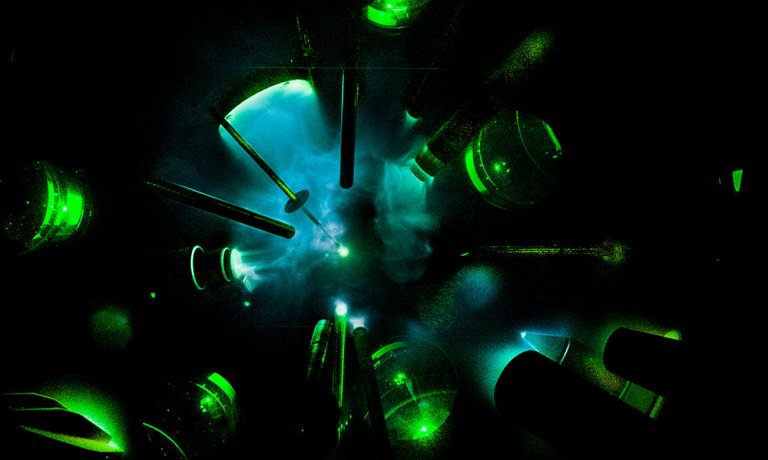
The next step: try again, but with a bigger laser.
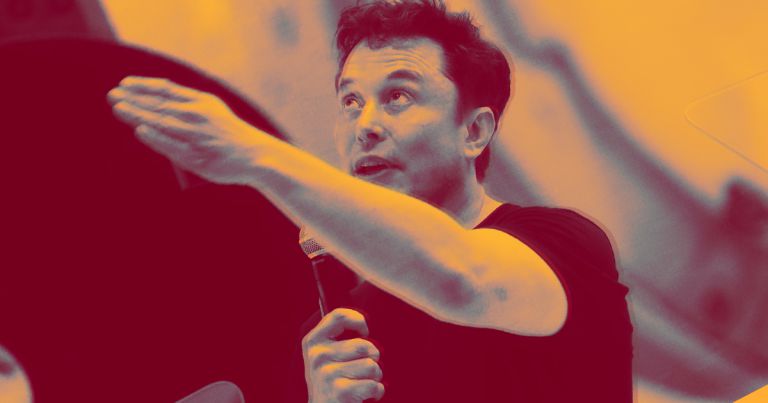
"SpaceX has two absolutely insane projects that would not only bankrupt the company."

Is this the future of entertainment?

It takes 24 percent less energy than conventional methods.
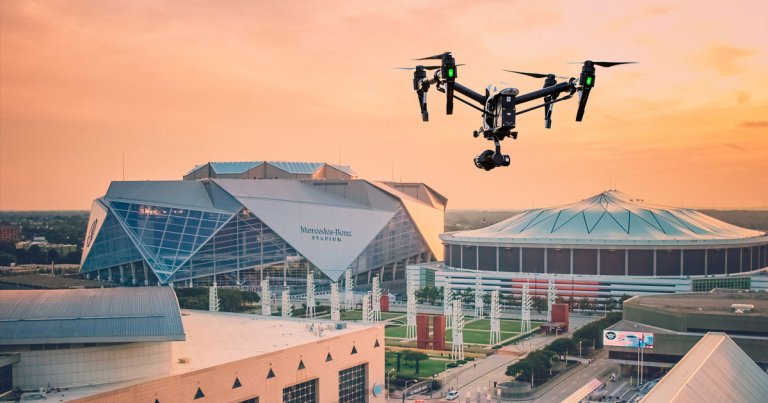
Local law enforcement officers have already confiscated six drones.
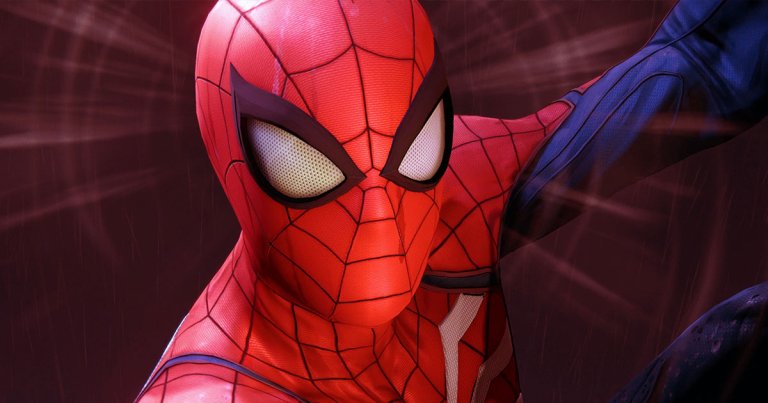
It's Spider-Man's "Spidey-Sense" come to life.
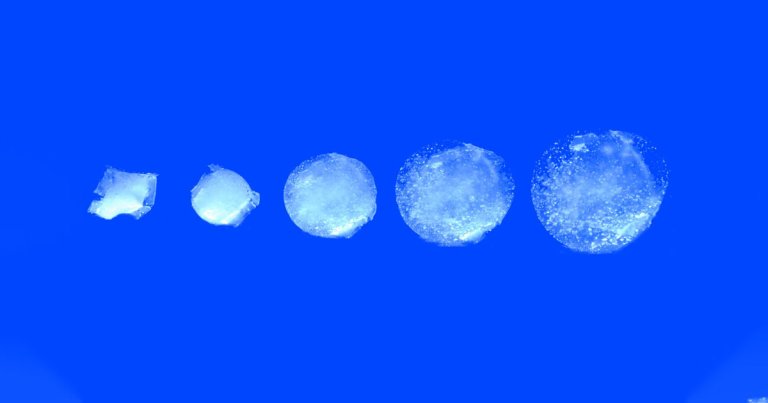
It can stay in your stomach for up to a month.
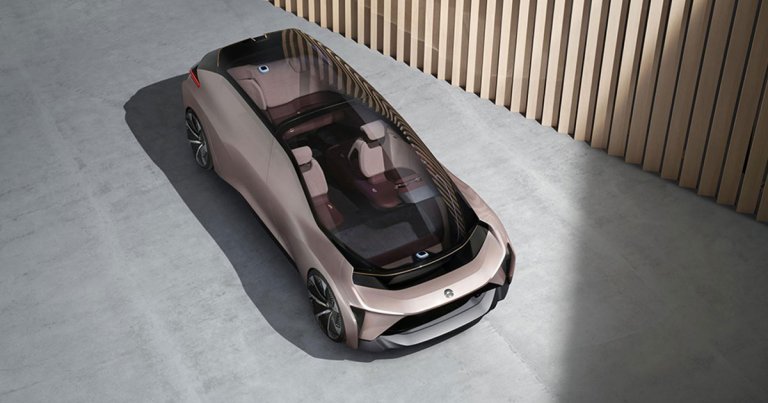
The driver triggered the update in the middle of a Beijing traffic jam.
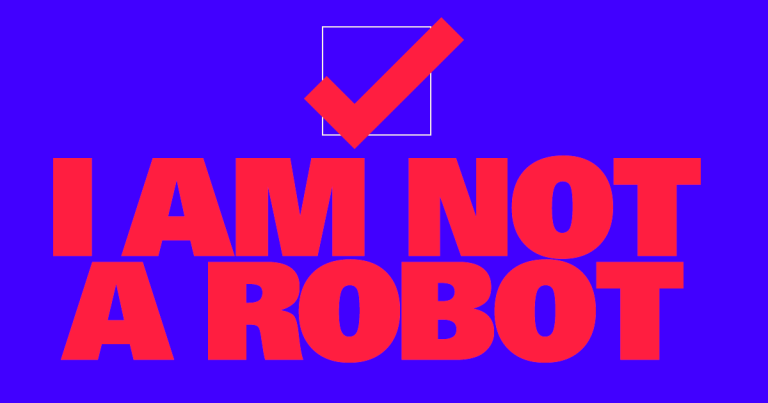
It's getting hard to tell humans and bots apart.
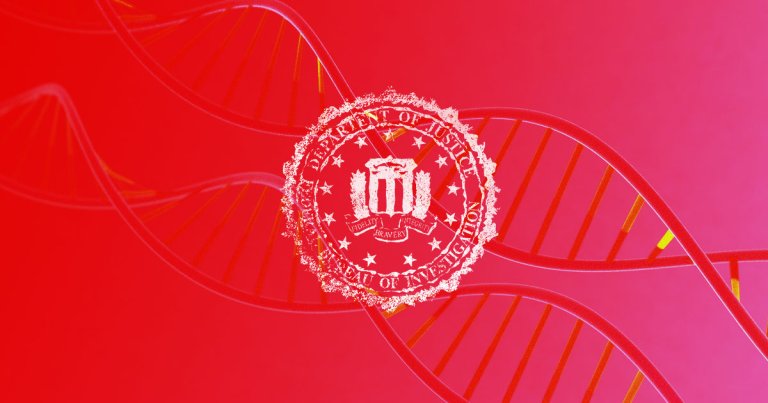
Do you want cops poking around your genetic data?
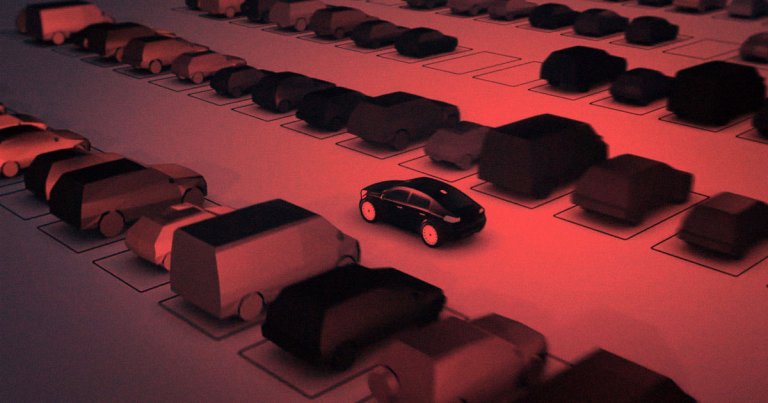
Why pay for parking when your car can circle the block?

A London trial did not go the way police promised it would.
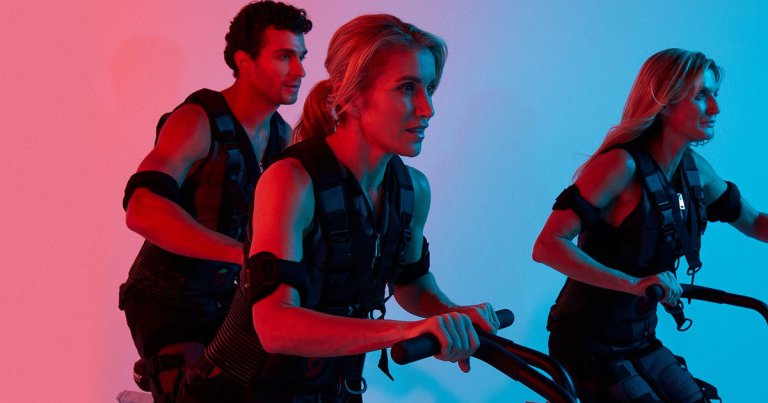
Is it worth random muscle twitches?

The revelation pokes holes in Amazon's defense of Rekognition.
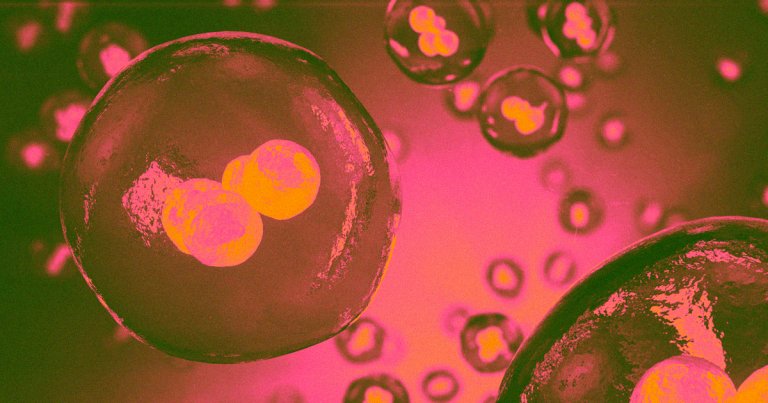
This research isn't just happening in China.
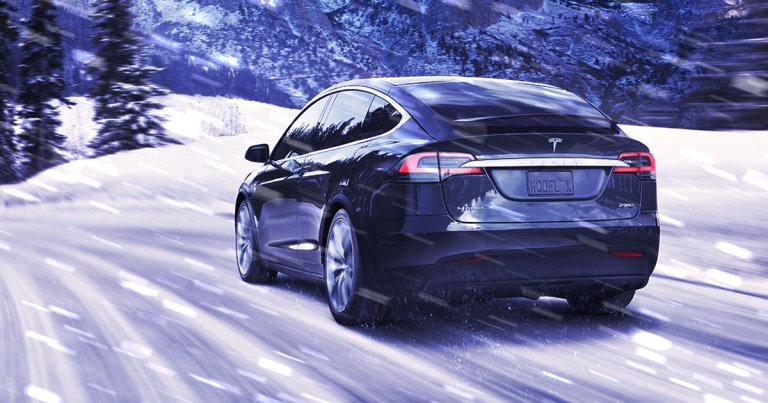
The polar vortex shows the limits of today's electric cars.
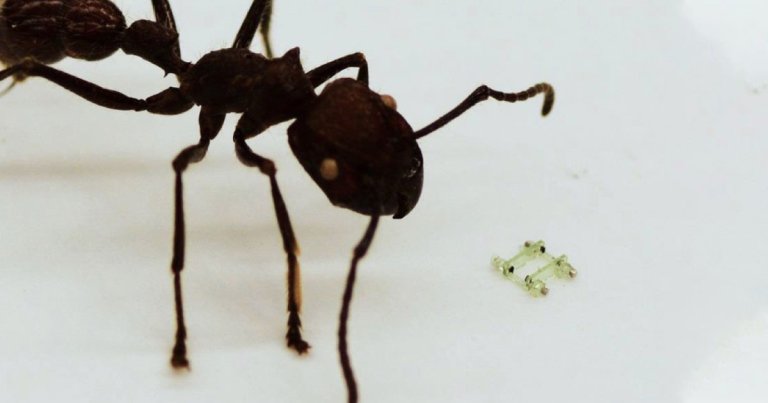
The whole robot is only as big as an ant's face.